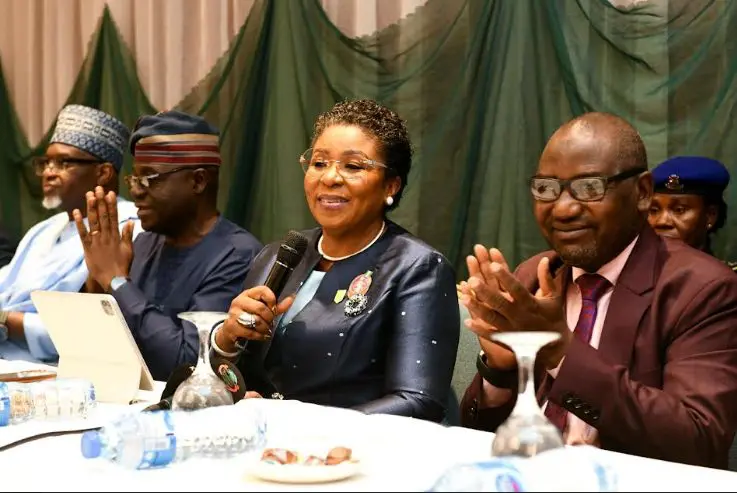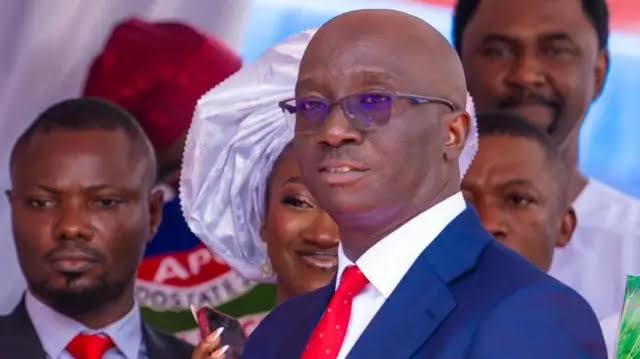The Chief Justice of Nigeria (CJN), Justice Kudirat Kekere-Ekun, has acknowledged the presence of many upright and courageous judges within the judiciary, while noting that a few errant individuals continue to tarnish its reputation.
Justice Kekere-Ekun made these remarks on Saturday during a public discourse titled “Ethics, Morality, and the Law,” organized by the Movement for Islamic Culture and Awareness, in honour of Justice Habeeb Abiru’s elevation to the Supreme Court. The event was held in Lagos.
Praising the judiciary for its dedication and resilience, Justice Kekere-Ekun emphasized the importance of understanding the public’s perception of the intersection between ethics, morality, and the law.
She further noted that public trust in the law depends on its adherence to fundamental principles, the clarity and stability of the legal system, the judiciary’s independence, and the fair use of authority by law enforcement agencies.
She said, “The role of the legal practitioner within this framework, merits particular attention.
“The lawyer, often seen as both antagonist and protagonist in the pursuit of justice, must navigate a terrain where law, ethics and morality intersect.
“This dual role requires balancing the scriptures and the law with ethical constitutions, often containing with moral and legal questions that may seem at odds.”
In his remarks, the Emir of Kano, Muhammad Sanusi, asked Nigerian judges, especially justices of the Supreme Court to administer justice with the fear of God and remember that they are accountable to God.
Sanusi urged the judges to be upright and not allow hatred for people to make them do what is wrong.
He said judges should focus more on substantive justice and not rely on technicalities.
“Do not be an advocate for wrongdoers and do not be an advocate for those who deceive themselves, because Allah does not love sinful wrongdoers,” said Sanusi.
Also, the Attorney General of the Federation, Lateef Fagbemi, SAN, stressed the importance of fairness and integrity in the Nigerian legal system, urging legal professionals to recommit to ethical values.
“The problem that we are discussing today is the problem of fairness,” Fagbemi remarked, addressing the audience gathered both in-person and online.
“When we talk about fairness, which is the meaning of why we are here, we must acknowledge that we have wronged the laws,” he stated.
Speaking on the theme “Ethics, Morality and the Law – Christian Perspective, the Very Reverend Professor Konyinsola Ajayi, SAN, condemned what he termed “lawlessness in the law”, urging Nigeria’s legal professionals to reflect on the role of ethics and morality within the judiciary.
Ajayi questioned whether the rule of law truly underpins current judicial practices, adding that the decisions of the courts often confuse the public rather than provide clarity.
He said, “The law today is providing the greatest uncertainty you can think about.”
Earlier, the former governor of Lagos State, Babatunde Fashola, SAN, said the greatest tool humans have invented is law, which separates humans from animals.

 2 weeks ago
3
2 weeks ago
3














 English (US) ·
English (US) ·